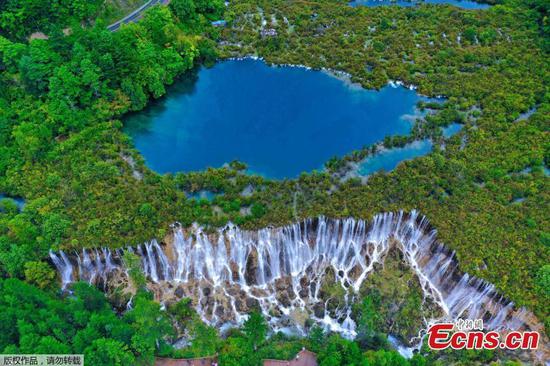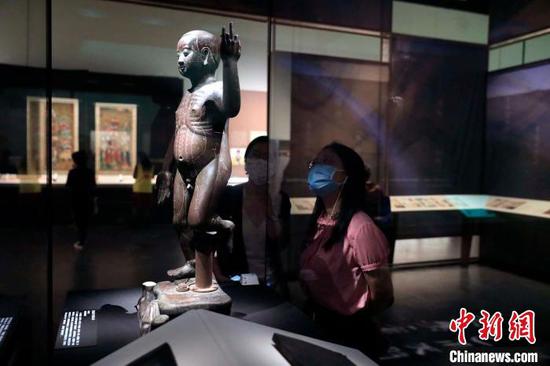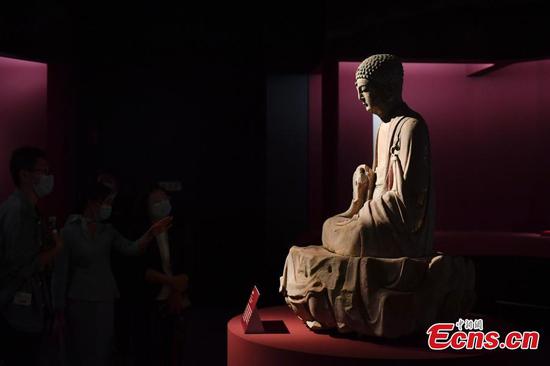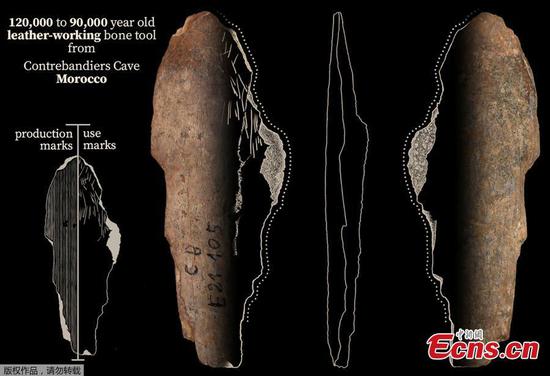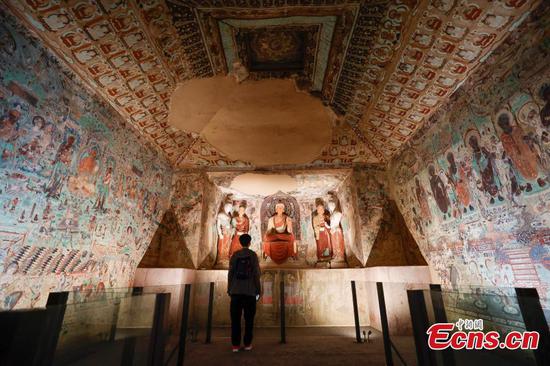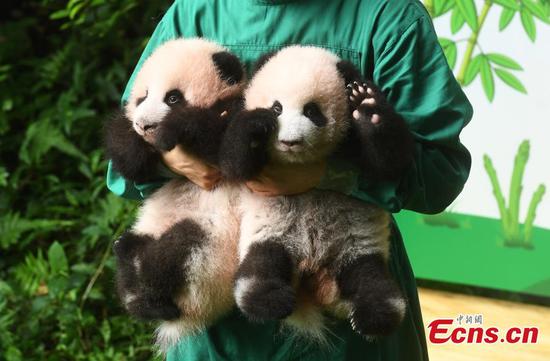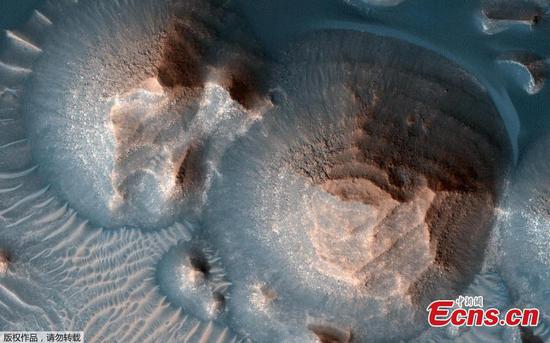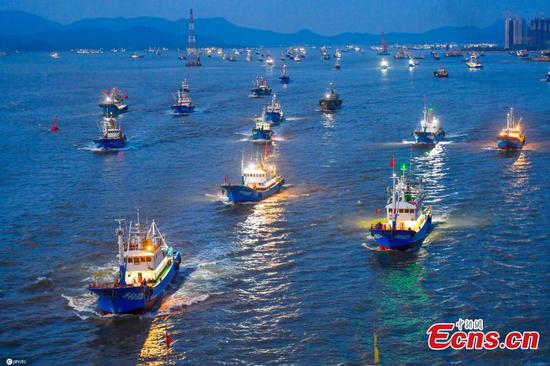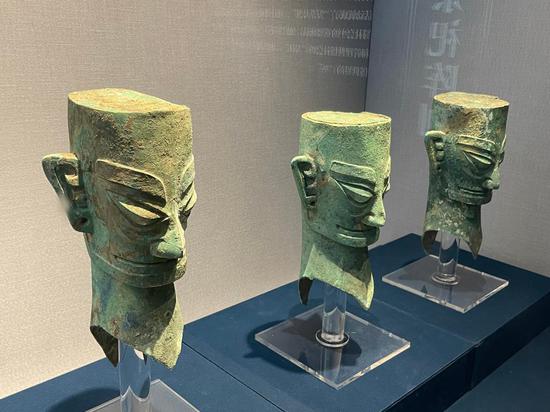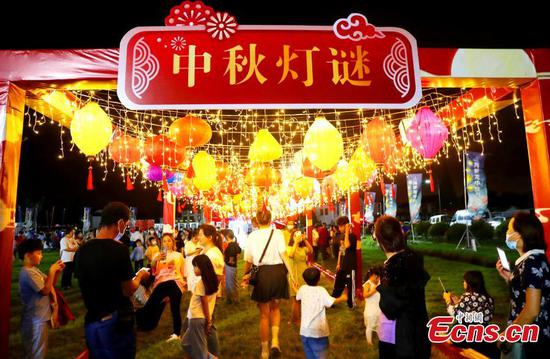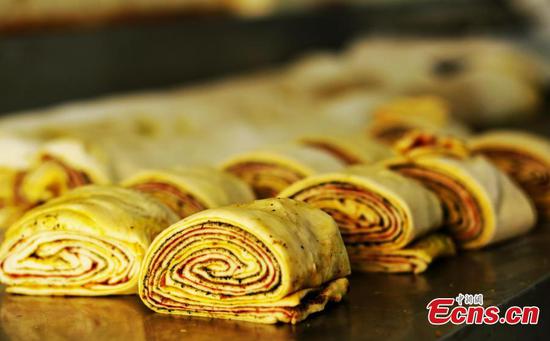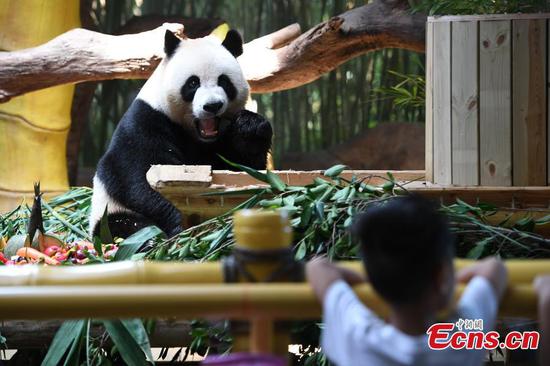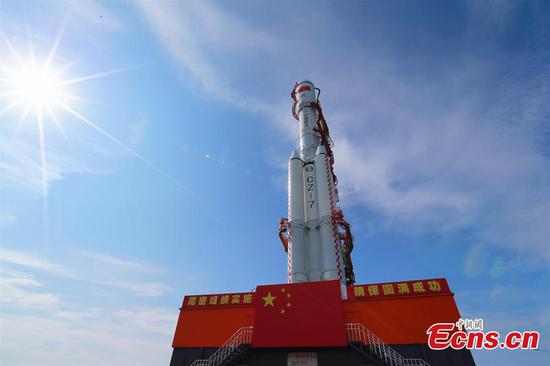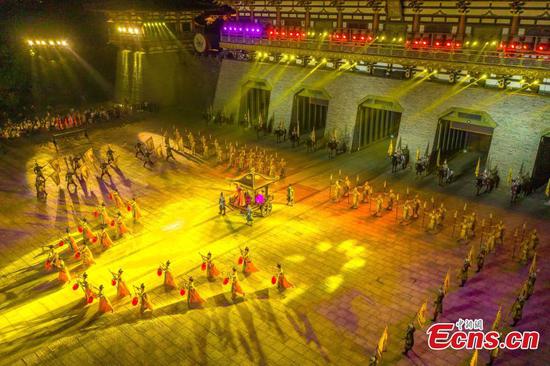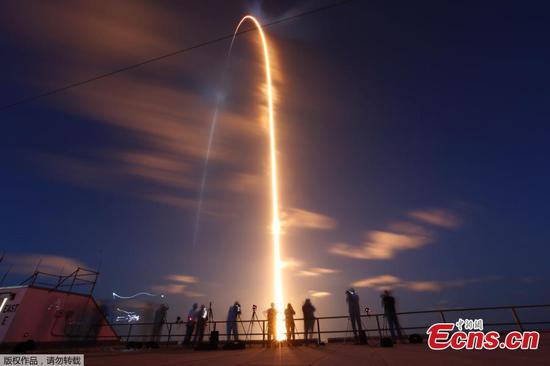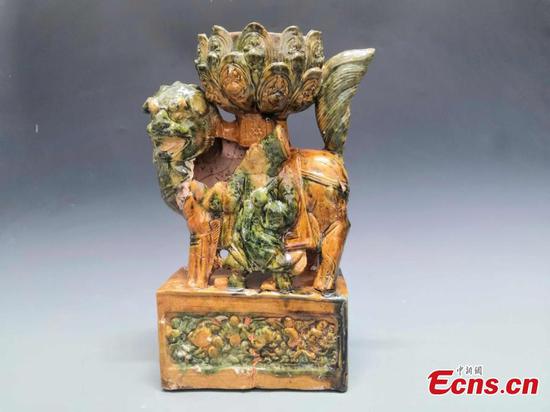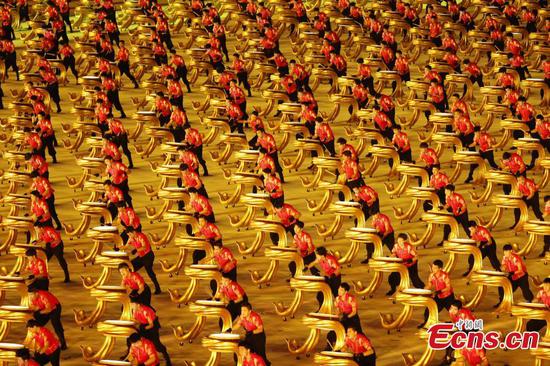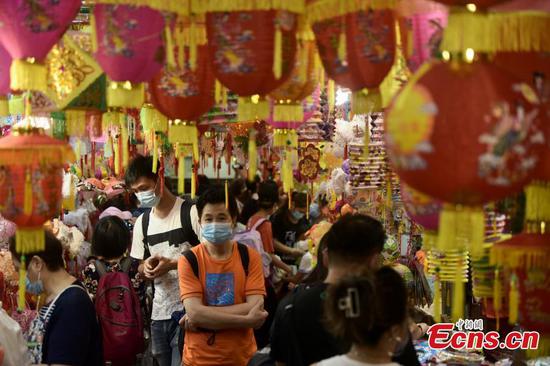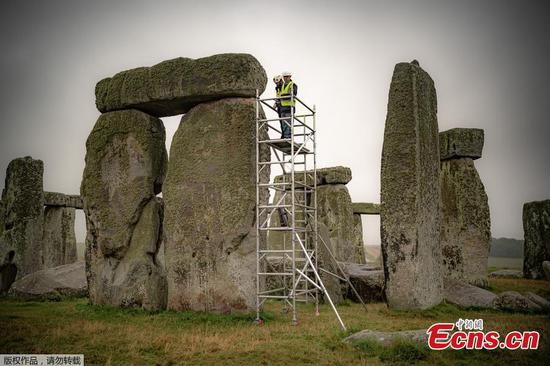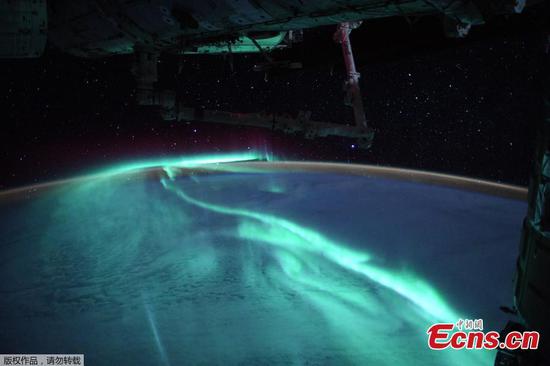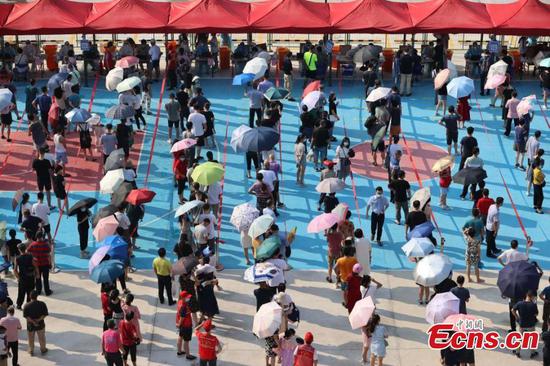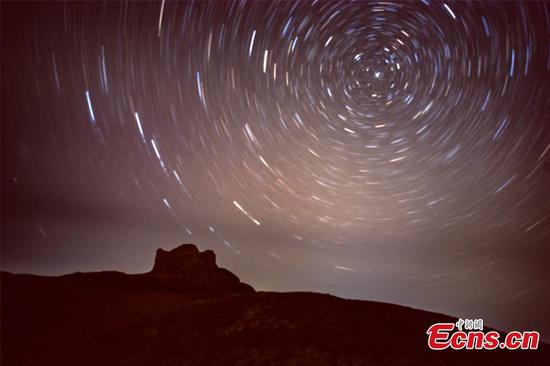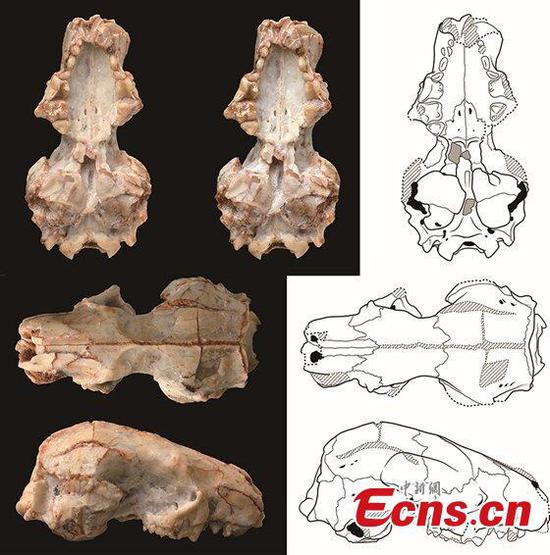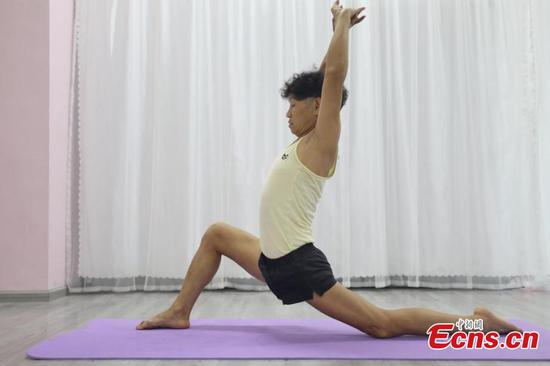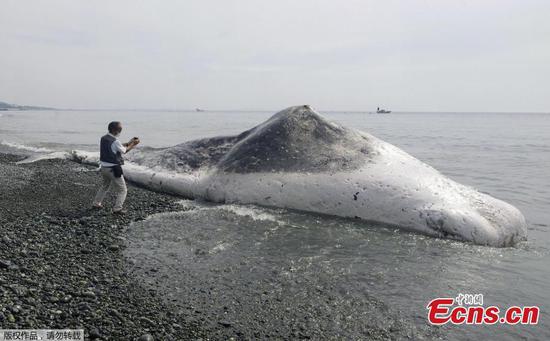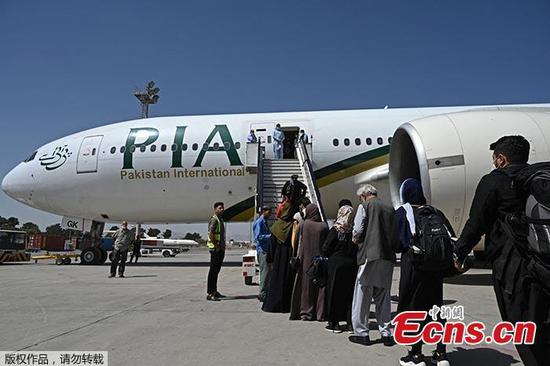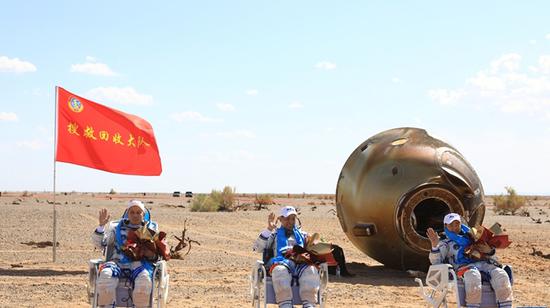The success of China's first manned flight during the construction of its space station showed the country's ambition and space capability, said an Australian scholar in astrophysics.
Brad Tucker, an astrophysicist and cosmologist at the Australian National University (ANU), told Xinhua on Saturday that the task was a great step to getting the Tiangong space station ready.
"The taikonauts did a lot of work in establishing the Tiangong space station for full operation, with multiple spacewalks and upgrades," he said. "This is exactly the work they needed to accomplish to progress the building of Tiangong to full operations."
He noted that as the International Space Station started to show its age, "it is also important that this (Tiangong) is operating and can perform science into the future, which was what their 90-day mission was working towards."
"It means that in the future, not just the International Space Station hosts experiments from around the world, so can the Tiangong space station," Tucker said.
Three Chinese astronauts, the first sent to orbit for China's space station construction, have completed their three-month mission and returned to Earth safely on Friday.
The success of the Shenzhou-12 manned spaceflight mission laid a solid foundation for the continued construction and operation of the country's space station, said the China Manned Space Agency.








